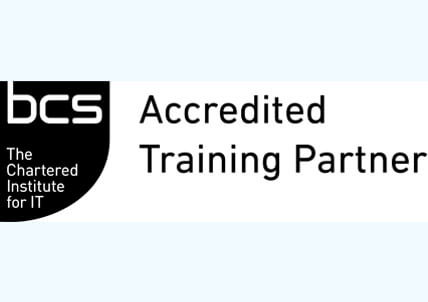Unable to find what you're searching for?
We're here to help you find itBCS Practitioner Certificate in Systems Modelling Techniques Course Overview
The BCS Practitioner Certificate in Systems Modelling Techniques is a professional certification designed to validate individuals' ability to use industry-recognized methods and techniques in system modeling. The certificate covers pertinent concepts like data flow diagrams, entity relationship diagrams, and state transition diagrams. It ensures that an individual has the capability to efficiently interpret, analyze, and create system models, which is essential for a thorough understanding of a system's design, implementation, and operations. Industries use this certification to qualify professionals who can help improve or develop systems, making many tasks and workflows more efficient, saving time and resources, and boosting productivity and profitability.
This is a Rare Course and it can be take up to 3 weeks to arrange the training.

Purchase This Course
| Day | Time |
|---|---|
|
to
|
to |
♱ Excluding VAT/GST
Classroom Training price is on request
You can request classroom training in any city on any date by Requesting More Information
♱ Excluding VAT/GST
Classroom Training price is on request
You can request classroom training in any city on any date by Requesting More Information

1-on-1 Training
Schedule personalized sessions based upon your availability.

Customized Training
Tailor your learning experience. Dive deeper in topics of greater interest to you.

4-Hour Sessions
Optimize learning with Koenig's 4-hour sessions, balancing knowledge retention and time constraints.

Free Demo Class
Join our training with confidence. Attend a free demo class to experience our expert trainers and get all your queries answered.

